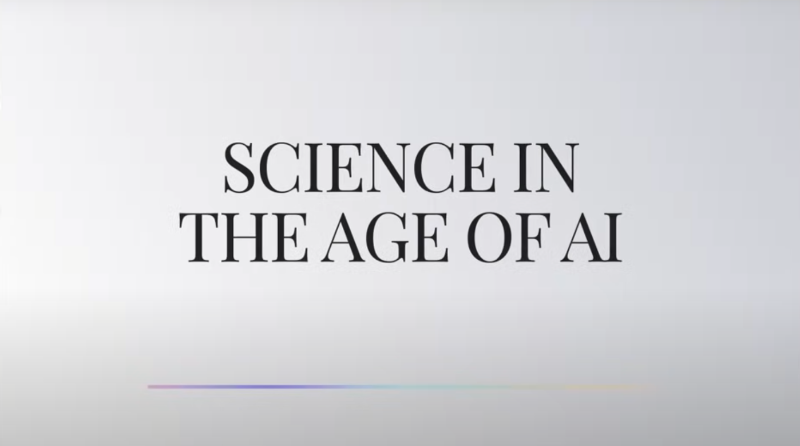by University of British Columbia
Credit: Unsplash/CC0 Public Domain
When people think of a concussion or a traumatic brain injury caused by intimate partner violence (IPV), they might picture people in a heterosexual relationship, or a man hurting a woman.
But a UBC Okanagan researcher points out that IPV, and its repercussions, is an issue in all relationships. Doctoral student Tori Stranges recently published a paper examining the prevalence and damage done by violence in Two-Spirit, Lesbian, Gay, Bisexual, Trans, Queer (or Questioning), Intersex and Asexual (2SLGBTQIA+) relationships.
"It's very common for people to think that violence doesn't happen in queer relationships because the way we view violence is through a traditional heteronormative lens—where all relationships are heterosexual," says Stranges, a researcher with UBCO's School of Health and Exercise Sciences.
"But IPV is defined as a pattern of physical, sexual, psychological and emotional violence in the context of coercive control by a former or current intimate partner. And it can happen to anyone, any gender, any sexual orientation and in any relationship."
The study, published in the Journal of Interpersonal Violence, reveals 98% of respondents reported some experience with IPV in their lifetime, and about 70% reported symptoms consistent with a brain injury as a result. Those symptoms result from trauma and abrasions to the face, head and neck mostly from the impact from hands, fists or being thrown into walls or downstairs, or being shaken. However, victims also suffer trauma from non-fatal strangulation and suffer a hypoxic or anoxic injury if the brain is deprived of oxygen for even a short time.
"Previous research has demonstrated that head trauma and attempted strangulation sustained in the context of IPV can result in a brain injury. However, until now, no research has existed exploring IPV brain injuries for the 2SLGBTQIA+ community, indicating a gap in the knowledge on the issue."
IPV in 2SLGBTQIA+ relationships poses a distinct challenge, she notes, primarily due to the potential invisibility of the relationship. For example, in a same-sex relationship where the couple is not out, IPV may go unnoticed by friends, family or professionals, making it difficult for the survivor to seek help or leave.
"The reality for many survivors of IPV in 2SLGBTQIA+ relationships is the people they first turn to for help do not validate their experiences as legitimate abuse and may even refuse to help," Stranges says. "This can lead to survivors doubting whether they are true victims, deserve help, should try to leave, and whether help will be there for them if they do leave."
The struggle to legitimize IPV in 2SLGBTQIA+ relationships as a genuine public health concern may be rooted in the struggle to legitimize the human rights of those same people, she adds.
"Lack of recognition and legal protection may lead to disparities in how IPV and IPV brain injury within the 2SLGBTQIA+ community are addressed and understood. It may discourage individuals from seeking help or reporting abuse, as they may fear discrimination or judgment from authorities or service providers who may not understand their unique experiences."
It may also result in a lack of dedicated resources and funding for research and support services tailored to the specific needs of the community. To address these issues, Stranges says it is essential to work towards not only the inclusion of the 2S/LGBTQ community in understanding IPV and IPV brain injury, but also full recognition of human rights for this population group.
She also notes the disparities in IPV brain injury exposure across different subgroups within the 2SLGBTQIA+ community further emphasize the need for tailored approaches in research, policy and practice. Particularly, the overrepresentation of Indigenous and Two-Spirit individuals in her study points to the intersectional nature of oppression and the urgent need for decolonized and inclusive research methodologies and health interventions.
Stranges works with UBCO's Dr. Paul van Donkelaar, a Professor in the School of Health and Exercise Sciences and scientific advisor for Supporting Survivors of Abuse and Brain Injury through Research.
"We are just scratching the surface in our understanding of IPV brain injury and this work is among the first in the world to examine this issue in the 2SLGBTQIA+community," says Dr. van Donkelaar. "It's important research and it's vital that the findings from this work inform supports for IPV survivors."
More information: Tori N. Stranges et al, Characterizing Intimate Partner Violence-Caused Brain Injury in a Sample of Survivors in the Two Spirit, Lesbian, Gay, Bisexual, Transgender, Queer or Questioning Community, Journal of Interpersonal Violence (2024). DOI: 10.1177/08862605241256390
Journal information: Journal of Interpersonal Violence
Provided by University of British Columbia







Post comments